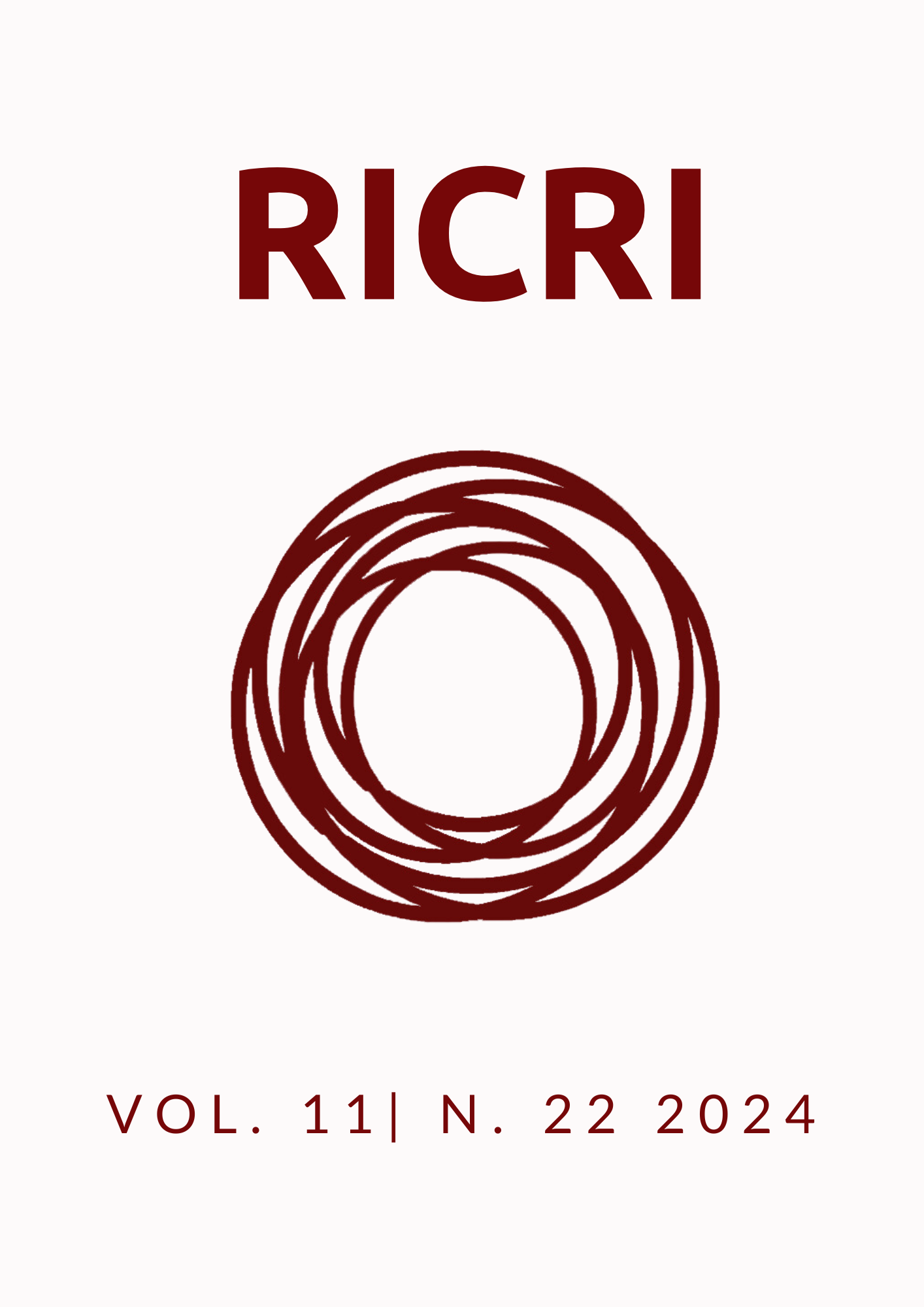THE THE ROUTE OF POPULIST CONSTITUTIONALISM
DOI:
https://doi.org/10.22478/ufpb.2318-9452.2024v11n22.66907Abstract
Recent studies have associated populism with democratic crises, and one of the first achievements of this phenomenon is the change of constitutional legislation. From a constitutional process of dubious legitimacy, a document is produced that is the target of criticism, mainly in the sphere of constitutional law, due to the insertion of political-ideological elements that reflect the populist ideology of the government in leadership. Since then, there has been a considerable democratic setback in the country in terms of moving away from the State's liberal principles. Currently, some countries in Europe and America are not included in the list of full democracies, but in the sphere of hybrid regimes, due to being an illiberal democracy. The investigation proposes to approach populist constitutionalism and the illiberal reflexes in democracy. It is intended to strengthen the study by building on the theoretical basis, delimiting classical lines of thought and, subsequently, the development of populist constitutionalism and its course in some European and Latin American countries. A quantitative approach is adopted, with emphasis on the inductive method, debating the theme in an argumentative-expositive way, exalting the use of bibliographic references, technical-scientific articles, recent legislation and jurisprudence. The partial result is that countries with populist influence that built their constitution during political crisis had weak constitutions with little democratic support, becoming volatile to political crises.
Downloads
Published
How to Cite
Issue
Section
License
Copyright (c) 2024 Journal of Scientific Initiation on International Relations

This work is licensed under a Creative Commons Attribution-NonCommercial 4.0 International License.
Authors who publish with this journal agree to the following terms:
a. Authors retain copyright and grant the journal right of first publication with the work simultaneously licensed under a Creative Commons Attribution License that allows for sharing of work with acknowledgment of its initial publication in this journal.
b. Authors are able to take on additional contracts separately for non-exclusive distribution of the version of the work published in this journal (e.g., post it to an institutional repository or as a book), with an acknowledgment of its initial publication in this journal.
c. Authors are permitted and encouraged to post their work online ( eg, in institutional repositories or on their website) at any point before or during the submission process, as it can lead to productive exchanges , as well as increase the impact and citation of published work ( See the Effect of Open Access).




